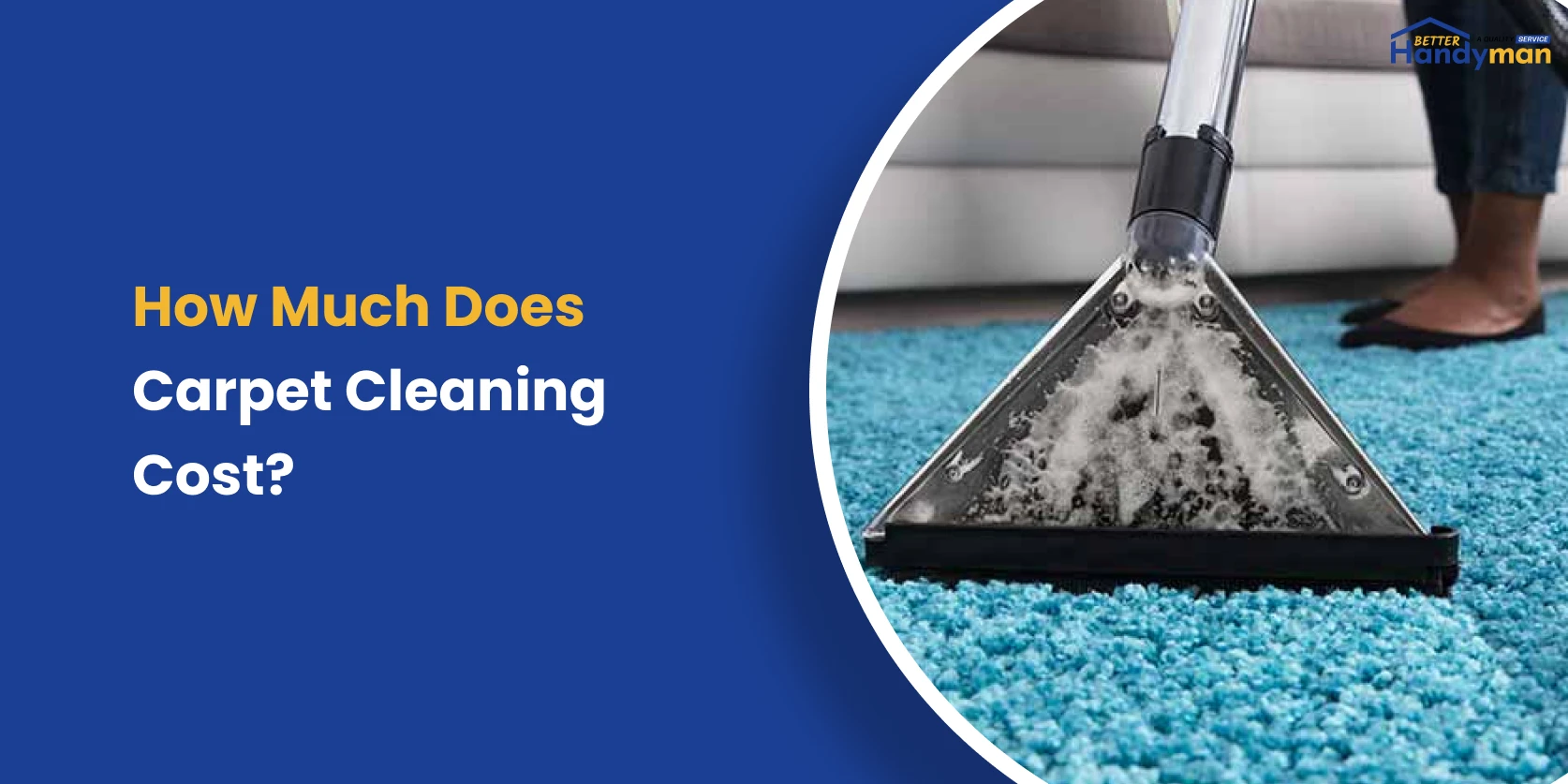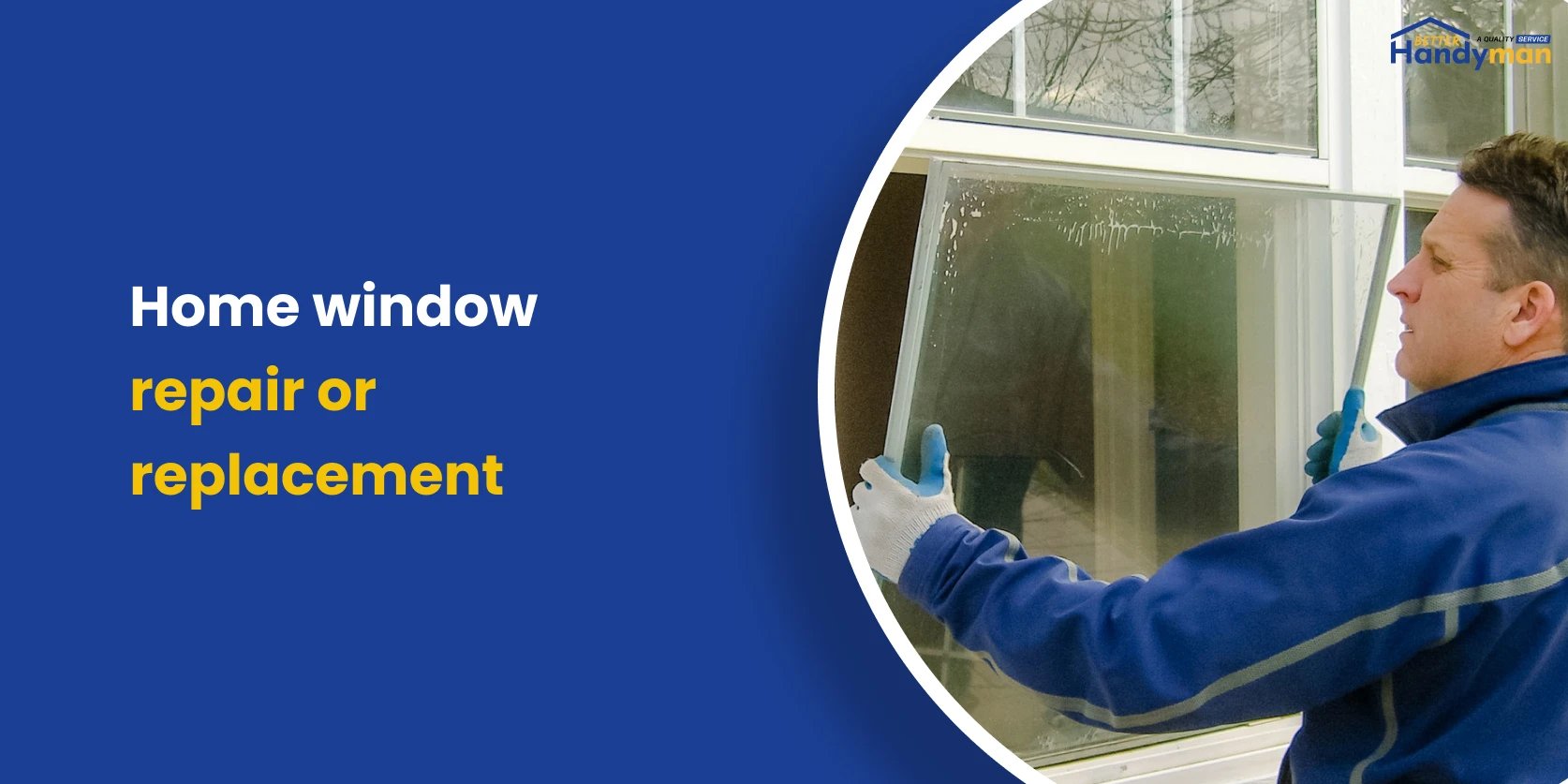As the owner of a pool that relies on the heating Swimming Pool pump to warm the water, you may encounter occasional glitches with its operation. Don’t panic; most heat Swimming Pool pumps are reliable but sometimes issues may arise. Let’s take a look at common problems and potential solutions.
1. Your Heat Pump Isn’t Switching On
Power Issues The starting point for solving power-related issues should always be the power source. Check that your circuit breaker for your heat Swimming Pool pump hasn’t tripped yet or that its outlet is functioning as intended while checking for any blown fuses or loose connections. If all appears well, use a multimeter to see if there is power at your heat pump’s end; any lack of electricity could indicate wiring issues and require professional electrician services for resolution.
Problematic Thermostat Settings: Make sure your thermostat is set properly; otherwise it won’t notify your heat Swimming Pool pump to kick on. Ensure your desired temperature exceeds your pool’s current temperature when setting it to “heat”.
Pressure Switch Problems Heat pumps include a safety feature called the pressure switch to safeguard against low flow rates and keep them from shutting off abruptly. In case it detects low flows, it will stop it from turning off abruptly – such as cleaning your filter in the pool and checking plumbing lines for any obstructions that might impede water flow issues.
Related Blog: How Much Does Carpet Cleaning Cost?
2. Your Heat Swimming Pool Pump Is Running But Doesn’t Produce Any Heat
Low Refrigerant Your heating Swimming Pool pump relies on refrigerant to circulate heat away from the outside air and transfer it into the water, but if its levels drop due to a leak inefficient heat transfer occurs. An HVAC technician should be called out to locate and address this issue and recharge your system.
Cold climates: Heat pumps become less effective when outdoor temperatures fall to sub-50 degrees Fahrenheit, as their operation depends on warmth in the air and will be unable to produce enough heat to warm your pool properly. Unfortunately, nothing can be done other than wait for warmer conditions before trying again.
3. My Heat Pump Isn’t Heating the Pool Fast Enough
Size miscalculation: If your pool heater isn’t big enough for its environment, it will remain under work all of the time until its task has been accomplished. Consult a professional pool technician to ensure that it has been appropriately sized.
Cold Weather As we’ve already mentioned, colder climates can diminish the efficiency of your heat pump, so be sure to provide it with extra time in these extreme circumstances.
Dirty Coils When using your heat source, its evaporator coils may become blocked with dirt, leaves and other debris that obstructs airflow and prevents your heat pump from performing its duties properly. Regular cleaning according to manufacturer specifications is required.
4. Increased Noise From Heat Pump
Vibration Unstable parts or mounting bolts may produce the sound of rattling in a heat pump’s components, leading to vibration. Check and tighten any loose parts.
Fan Issues: Your heat Swimming Pool pump’s fan is essential to its air circulating function, so any obstruction to it, unclean fan blades or malfunctioning motor could cause it to make strange noises and make an unusual commotion. If it seems damaged or blocked in any way, immediately turn off all heat sources before consulting a qualified specialist to perform an inspection and repair of it.
Also read: Home window repair or replacement
5. Protect Your Heat Pump With Frost Protection
Do not be alarmed at seeing frost on your coils; this is a completely normal phenomenon under certain conditions. Your heat Swimming Pool pump has the capability of defrosting to melt it away. However, excessive frost build-up or failure to melt when using defrost may indicate a refrigerant leak, restricted airflow restriction or defective defrost sensor as the culprit – in such instances, it would be wise to consult an expert to identify and address the cause.
6. Your Energy Bills Are Spiking
A sudden increase in energy prices could indicate an overloaded heat pump itself. The causes could be:
- Dirty Filter A blocked filter can make the heat pump work harder and use more energy. Clean your filter frequently.
- Refrigerant Leaks Leaks can lead to lower efficiency and longer running times, which can result in higher energy costs.
- Aging Unit The more heat pumps age they naturally lose efficiency.
7. Water Leaks Around The Heat Pump
- Condensation With high humidity condensation from the heat pump can be common. It’s more apparent during hot temperatures.
- loose plumbing: Check all pipe connections for leaks or drips. As needed, tighten them.
- Serious leaks: If the leak is significant and not caused by leaks or condensation it could indicate an issue with the heat exchanger, that requires repair by a professional.
8. The Heat Pump Is Short-Cycling (Turning On and Off Frequently)
- Dirty Air Filter: A dirty air filter can block airflow, causing short cycles to safeguard the pump. Replace or clean your filter.
- incorrect sizing: If your heat pump is a significant amount too big to fit in your pool, it might cause the water to heat too fast and then shut off repeatedly. Ask a professional pool technician to ensure your heat pump is properly sized.
- Electrical Issues: Loose wiring or malfunctioning components can lead to periodic power problems, which can cause the heating cycle to run erratically.
Also read: Tips for Painting Bathroom Tiles
9. The Heat Pump’s Display Shows Error Codes
Modern heat Swimming Pool pumps are fitted with diagnostic tools. When something is wrong, they’ll typically display an error message on the screen. Check the manual of your heat pump to learn what the code means. Certain codes may be a sign of simple issues that you can fix, while others require the intervention of a technician.
10. Ice Forming Inside the Heat Pump
The accumulation of ice in the heat pump is a significant problem, often pointing to the presence of a refrigerant leak, an obstruction to airflow or an inoperable expansion valve. Switch off the heat Swimming Pool pump immediately and then call an expert to identify and correct the issue.
Important Tips:
- Regular Maintenance: The best way to prevent a variety of issues is to conduct regular maintenance. Follow the recommended schedule of the manufacturer to clean coils, check components, and examine for evidence of wear or damage.
- DIY vs. Professional Repairs: Basic troubleshooting like cleaning filters, checking breakers and examining connections for loose ones is usually within the reach of the average homeowner. However, more complicated issues such as refrigerant leaks, damaged electrical components or internal damage should be handled by qualified technicians.
- If you are in doubt consult a professional: If you’re unsure about the root of an issue, or the best way to solve it safely do not hesitate to call a professional technician for your pool heat pump.
Conclusion
Pool heat pumps are an energy-efficient method of enjoying an inviting pool. Although they are generally reliable occasionally, issues may occur. Knowing the common issues such as basic troubleshooting techniques and when to seek professional assistance can go a long way in keeping your pool available to swim whenever you want!
So, You can need any other service you can visit our more blog a better handyman.





